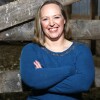Raising kids on a farm has a lot of good points. Farm kids today can live in the modern world but still gain the work ethics, decision making and business skills of agriculture.
And unfortunately, they also learn early that life isn't fair and things don't always go the way you planned. That's a good lesson and an incredibly hard one to watch them experience.
ADVERTISEMENT
We had a tough time recently that likely will stick with both of my girls. It's calving season, and anyone who's had cows knows that things can go wrong in a hurry. You can do everything right and it can still turn out wrong.
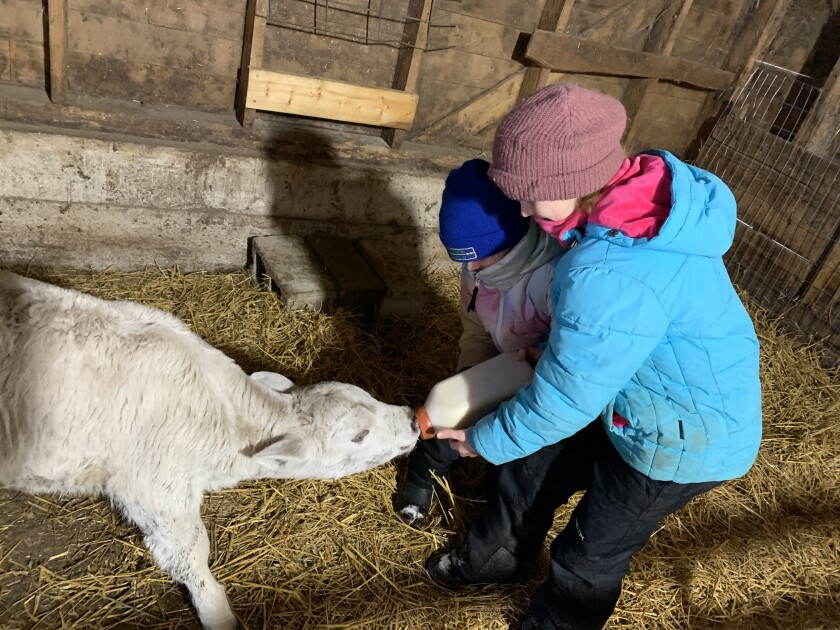
That was the case recently with my older daughter's cow Millie. A former bottle calf and former 4-H show heifer, Millie had — against our best intentions — become a bit of a pet. Too friendly to herd and too attached to our daughters to keep far from the house, she always got prime living conditions and plenty of feed, which was important to the mass of a cow that grew to at least 1,400 pounds. It's hard to remember the tiny, shivering white heifer I helped shepherd into the barn in a blizzard in 2022 when I think of the cow she became.
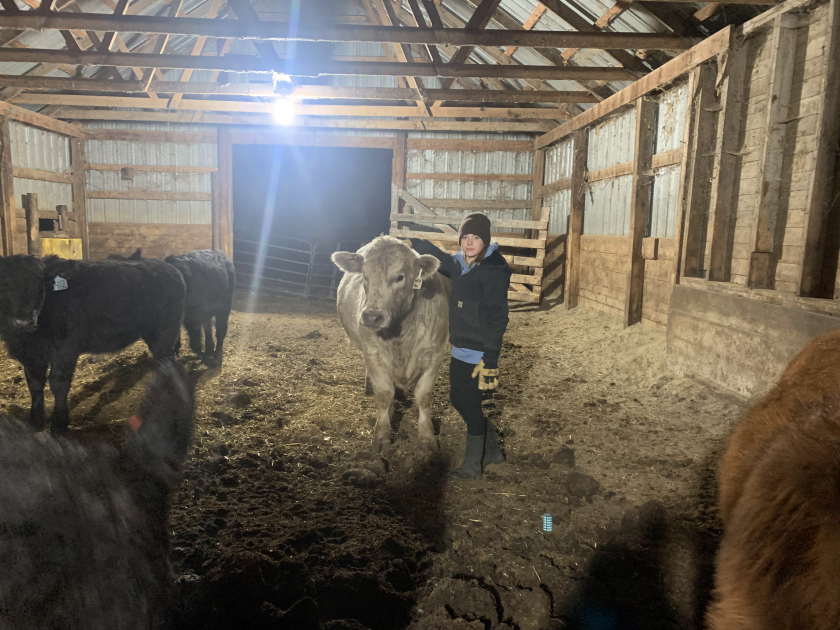
Millie had her first calf last year, a little black heifer that she had no trouble birthing and that she loved unconditionally. That little calf was licked clean every day and grew to look a good deal like her mama — though Winnie was somewhat unexpectedly a black calf out of a white Charolais-cross mama and a Red Angus bull. Since things turned out so well, Reanna chose to breed Millie the same for her second calf.
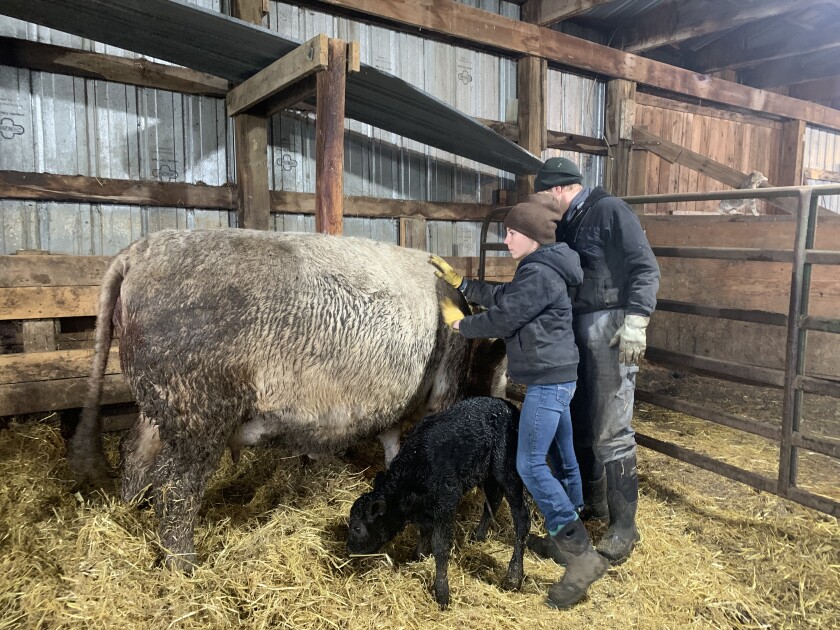
But this time, things didn't go well. Millie struggled in labor. Her calf — a big bull that looked just like Millie, according to my husband — was backwards. He didn't survive.
Later that night, Millie also took a turn for the worse. A talk with the vet confirmed that a hard pull of a breech calf could have led to a laceration. We gave antibiotics and tried to reduce swelling with ice. I gave her some corn, which she ate, though with less enthusiasm than usual. By morning, Millie was standing and drinking. We thought we were in the clear and planned to have her adopt another calf, a bit of a nod to her upbringing.
But by afternoon, Reanna and I went to the barn to check on her to find she had died.
In more than 40 years of ranch life, I don't know if I'd ever cried over the loss of a cow. But holding my daughters after Millie's death, we all shed some tears.
ADVERTISEMENT

As my husband told our sobbing younger daughter, we'll never forget Millie. She was a one-of-a-kind cow. But even more, I'm sure my daughters will never forget the lessons they learned, both good and bad, from raising her.

We'll always remember her chasing and cuddling with the girls as a young calf and how she jumped from her pen at the fair that summer to roam the barn; how she went into heat on show day as a yearling and tossed Reanna around like a ragdoll, only to turn back into her normal friendly self the next day, letting the girls sit and lay on her ; how she managed to get her halter off in tie outs at the barn but laid chewing her cud with just a neck rope on; how she'd push through my husband to get to the girls when they'd visit her in the corral; how she'd follow me around when I was checking cows ; and her unique eating style of flinging silage everywhere after pushing other cows out of the way.
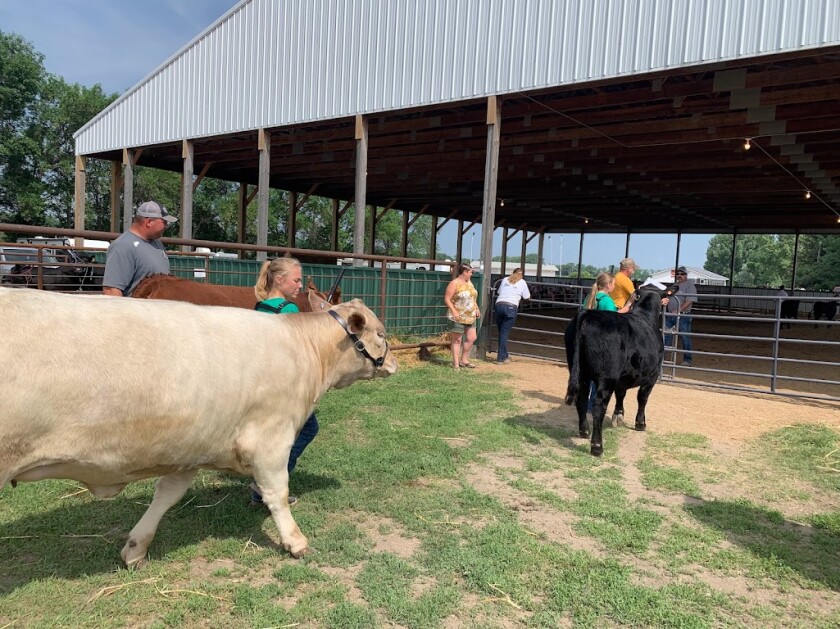
So, thank you, Millie, for the short years we had with you. Thank you for helping raise my daughters as they raised you.
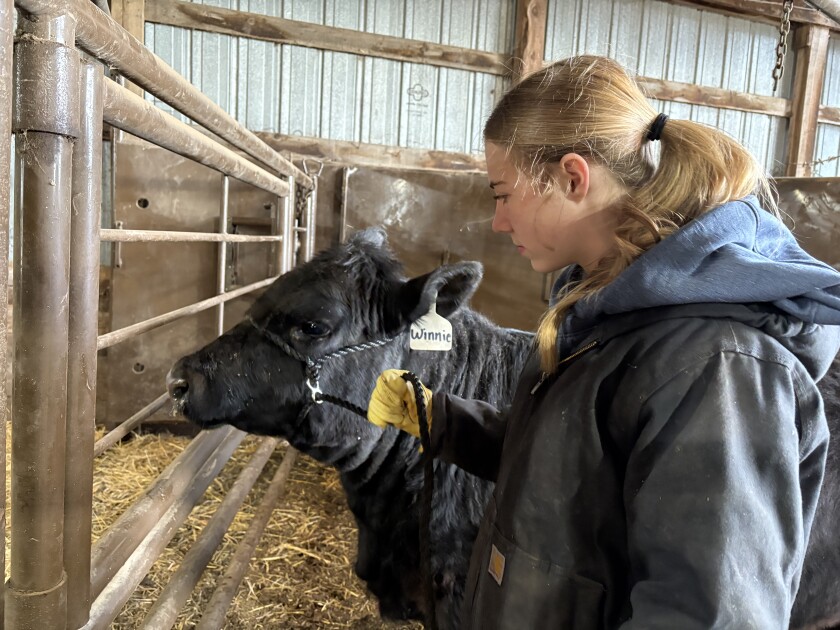
They've learned to keep going through disappointments. Reanna will have one less calf to sell — a blow to her college savings — and one less cow to breed this summer, along with her grief over her pal. But the day after Millie's death, she was hard at work preparing Winnie to be her next show heifer. Life goes on, and so does her little herd, albeit one humongous cow short.


